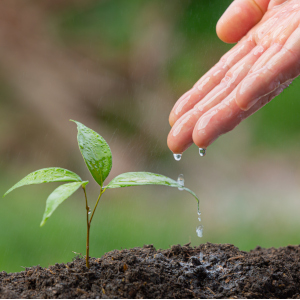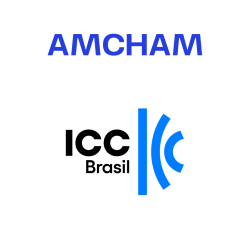
Zero Landfill
ABOUT IT
Santos Brasil understands waste management as a process that goes beyond simple segregation and correct disposal. The company recognizes that the environmental impacts, whether positive or negative, resulting from its operations are its co-responsibility. According to National Solid Waste Policy (Law 12.305 of August 2, 2010), the waste generator must exhaust all forms of treatment and processing before considering the waste as waste and sending it to landfills, whether class I or II.
In response to this responsibility, Santos Brasil has implemented several actions to reduce the amount of waste going to landfills. In 2023, the company completed the construction and began operations of the Waste Center at its Logistics Unit in Santos, which significantly improved waste segregation and consequently reduced the volume sent to landfills.
In addition, Santos Brasil has invested in new forms of processing, using commercial waste for the Fuels Derived from Solid Urban Waste (CDRU). This process transforms waste, thanks to its high calorific value, into fuel for industries such as cement plants and biomass boilers.
Class II (non-hazardous) waste, such as cardboard, plastic, ferrous scrap, glass and wood, is sent for recycling. On the other hand, tires, batteries, lubricating oils, rags and cloths are treated through the reverse logistics. For organic food waste, the company has implemented biodigesters in units with food preparation, such as Tecon Santos, Tecon Vila do Conde and CLIA Santos, as well as expanding this technology in 2024 to the São Bernardo do Campo Distribution Center.
These digesters carry out the anaerobic decomposition of organic waste, converting it into effluents that can be treated at the company's Effluent Treatment Plants or sent for external treatment.
In 2023, Santos Brasil reduced the amount of waste sent to landfills by 3,433.45 tons. However, the company recognizes that there is still work to be done to achieve the goal of zero waste by the end of 2028. To achieve this goal, it will be necessary to adopt a system of continuous improvement in operations and benchmarking to identify the best waste management technologies and practices.
Results and Objectives
These actions have led to a reduction in 3,433.45 tons of waste sent to landfills by 2023. The company plans to achieve zero waste by 2028, applying a system of continuous improvement and adopting the best available technologies.
SDGs
External Certification
International Commitments
National Commitments
More info




